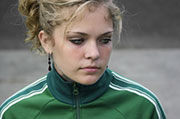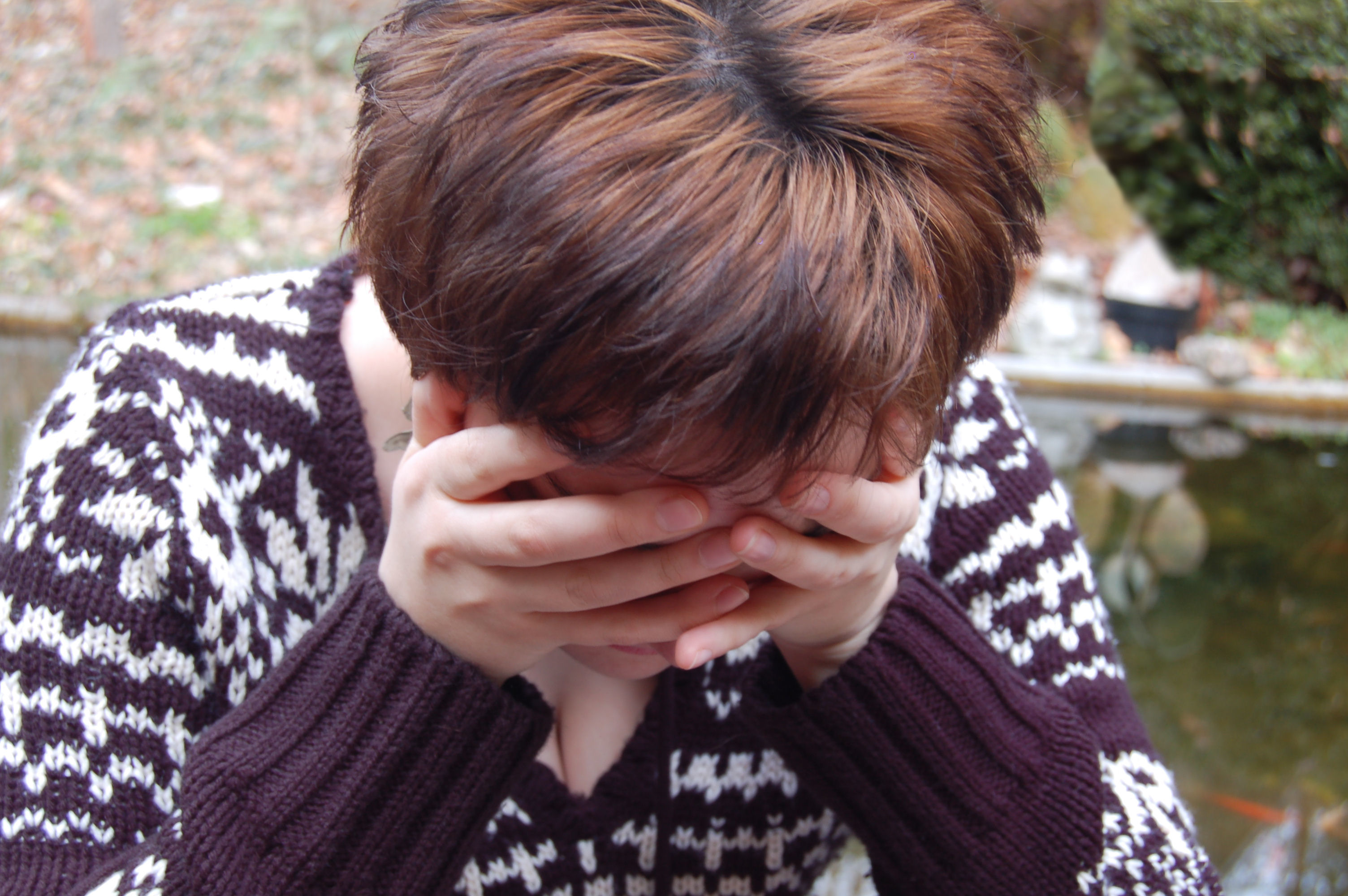
FRIDAY, March 14, 2014 (HealthDay News) — It’s hard to imagine what a child may feel when a mother or father dies. Studies have found this crisis can pose serious psychological and developmental problems for years. Now new research suggests kids’ academic performance can also suffer.
The extensive study from Sweden finds that after a parent’s death, kids tend to struggle with lower grades and even failure in school. If the tragedy was caused by something external — such as accidents, violence or suicide — the impact seems to be even more pronounced.
The problems typically hit the underserved hardest. “External deaths are more often associated with relative poverty, addiction and mental health problems than are natural deaths,” said lead study author Dr. Anders Hjern, a professor of social epidemiology of children and youth at Stockholm University.
Hjern said that higher social and economic status seems to help shield kids from school failure, possibly because students with more resources generally have better academic performance to start with. “Thus the effects of losing a parent usually do not have the same consequences as for low-income children who have a high risk for school failure even without a parental loss,” he said.
In other words, almost all kids will have some trouble in school after the death of a parent. But for those already struggling, the crisis can be devastating to their performance.
Other insight emerged into how children tend to react to the grief of a parent’s death. When the researchers adjusted data for socioeconomic status, they found no difference in a child’s reaction whether the parent who died was the mother or the father. “Surprisingly not,” Hjern said.
The study team also discovered that much of the lower school performance they noted among bereaved children is related to family characteristics that existed before the death.
The study, published online March 10 and in the April print issue of Pediatrics, tapped a national data registry to look for an association between parental death before age 15 and school performance at age 15 to 16. Researchers took into account factors such as the family’s social and economic situation, parental substance abuse, mental health problems and criminality.
The investigators included more than 770,000 people born in Sweden from 1973 to 1981. Information on time and cause of parental death, and school performance was available for all the individuals included, thanks to the nature and scope of national records in Sweden.
While the study found an association between the loss of a parent and declining school performance, it did not prove a cause-and-effect relationship.
Special attention should be given in schools to grieving children to prevent a decline in school performance, the researchers concluded. They also stressed that any health services support for these kids should address not only psychological needs, but also issues related to financial problems and the family environment.
The findings ring true to Sarah Feuerbacher, clinical director of the family counseling clinic at Southern Methodist University, in Dallas. “It makes complete sense to say that if a child doesn’t have healthy parental support they will struggle,” she said.
Feuerbacher encouraged families to allow children who have lost a parent to grieve in their own individual ways. “Tell them it’s OK to cry any time they want, and let the child lead,” she said. “If the child wants to hide away any pictures of the deceased parent, that’s fine. If they want to display pictures around the house, that’s fine, too.”
Many children feel they don’t have a trusted adult to talk with, she said. While some adults think they should try to protect children from the pain of grief, that’s not the case. The surviving parent and family should encourage the child to open up “however and whenever they want to,” she added.
Kids feel the same emotions that adults do, but because of their lack of maturity, they have trouble understanding what they are experiencing, Feuerbacher said. Their interpretation tends to be more black and white. For example, a child may say something like, “my chest hurts,” and not realize that the pain is coming from grief. Some kids release their sense of frustration and lack of control with behaviors such as bedwetting or acting out, she explained.
If a parent is facing a terminal illness, Feuerbacher encouraged parents to seek mental health therapy for their children even before death. At any time, younger children can benefit from play therapy where they are free to express themselves through toys — while older kids often make progress through group therapy, where others with similar problems share stories, challenges and frustrations.
Should all children who have lost a parent be considered at risk? “Absolutely,” Feuerbacher said. “And although they may be a couple rungs on the ladder lower [than kids who haven’t lost a parent], they may just need a boost to get up those extra rungs.”
More information
The American Academy of Child and Adolescent Psychiatry has more about children and grief.
Copyright © 2026 HealthDay. All rights reserved.

